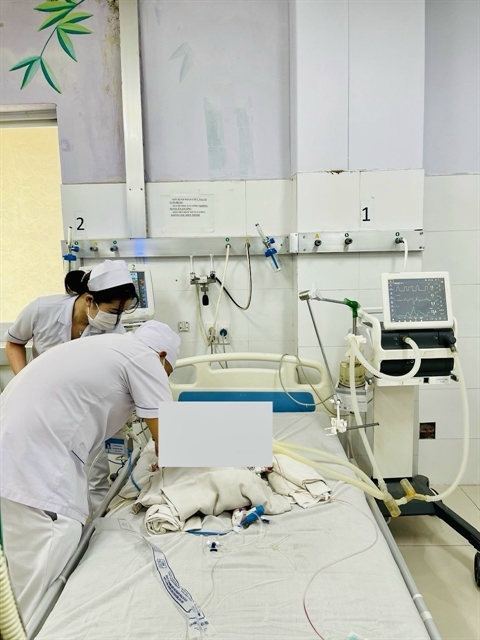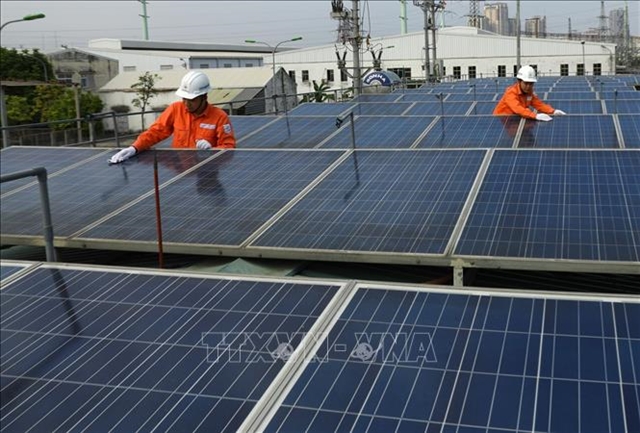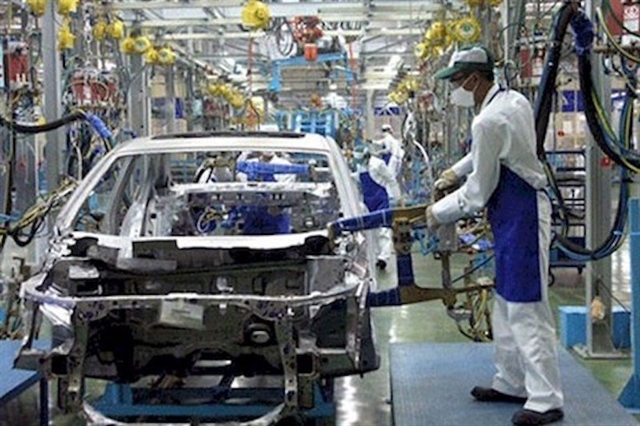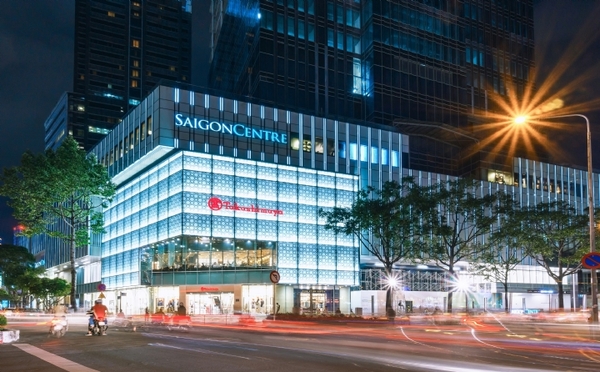 Society
Society

Working in an industry which is not legal, most sex workers in Việt Nam face poor and unsafe workplace conditions, according to a new International Labour Organisation (ILO) Việt Nam study.
 |
| Illustrative Image — congan.com.vn |
HÀ NỘI — Working in an industry which is not legal, most sex workers in Việt Nam face poor and unsafe workplace conditions, according to a new International Labour Organisation (ILO) Việt Nam study.
Introduced at the policy workshop “Harm Reduction in Prostitution – Safety, Health and Human Rights Protection” in Hà Nội yesterday, the research was drawn from interviews with male, female and transgender sex workers, pimps and local authorities in Việt Nam.
Out of the 73 workers surveyed, only one reported to have been coerced into selling sex. However, many brothel-based workers had their movements controlled by employers and some employers held their identity papers.
There was a wide variety in the physical conditions of workplaces where sex was negotiated and sold. At one end of the spectrum were public spaces, brothels, restaurants, karaoke bars, and massage parlours, usually frequented by lower waged labourers and locals. At the opposite end were well maintained, expensive dance bars, discotheques, spas, massage parlours and restaurants, usually frequented by a higher paying clientele.
According to the study, venue-based workers had the most clients on a daily basis. Women provided sexual services to between six to 10 clients on average and up to 30 per day during busy periods whereas men served between three and 10 clients each day. In comparison, street-based workers had on average five or fewer clients per day.
Violence or fear of violence was reported in the work place by almost all sex workers.
In addition to health-related problems regularly linked with sex work including sexually transmitted diseases and drug use, sex workers were also prone to stress and mental health issues because many do not enjoy their job, according to the report.
Many recommendations made by the study targeted the entertainment industry.
“We need to make sure that employers of entertainment business venues comply with laws to protect health and safety and uphold the labour rights of their employees,” said ILO Việt Nam Director Chang-Hee Lee.
“The role of health and labour inspectors at the local level is important. They should be trained on this topic, and in inspection plans, health and safety and labour rights of workers in the entertainment sector should be included,” he said.
Deputy Minister of Labour, Invalids and Social Affairs Nguyễn Trọng Đàm said that in past years, Việt Nam had conducted activities to take care of sex workers’ physical and mental health, and help them change jobs.
Organisations should discuss how the Government, workers, employers and other social actors could improve the rights protection of sex workers, he said.
The ministry was researching for a draft law on sex workers to submit to the Government and National Assembly, he said.
Latest estimates from the Ministry of Labour, Invalids and Social Affairs indicate that there are nearly 101,300 sex workers, 72,000 of them female, in Việt Nam. — VNS









